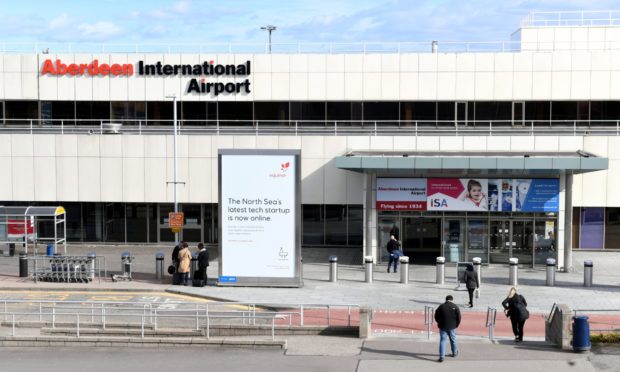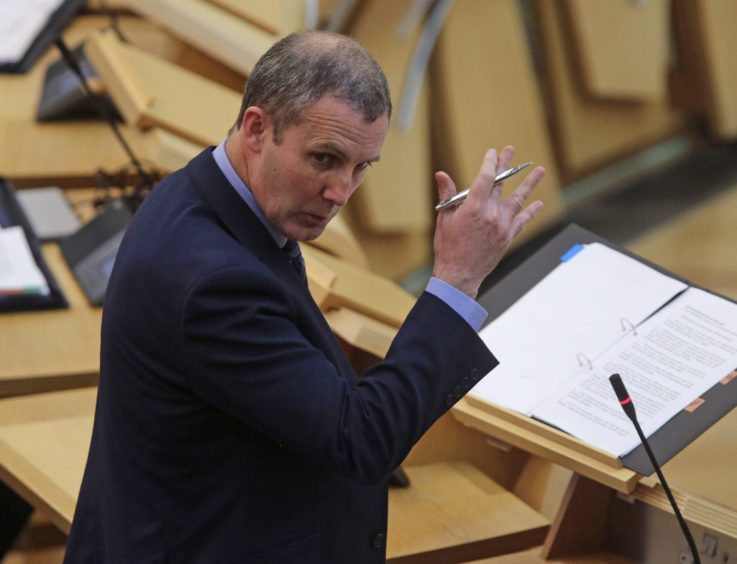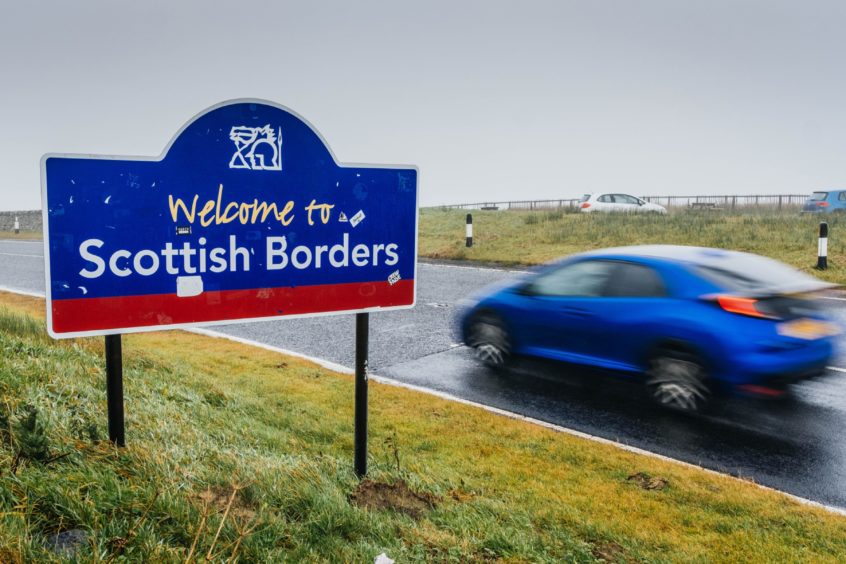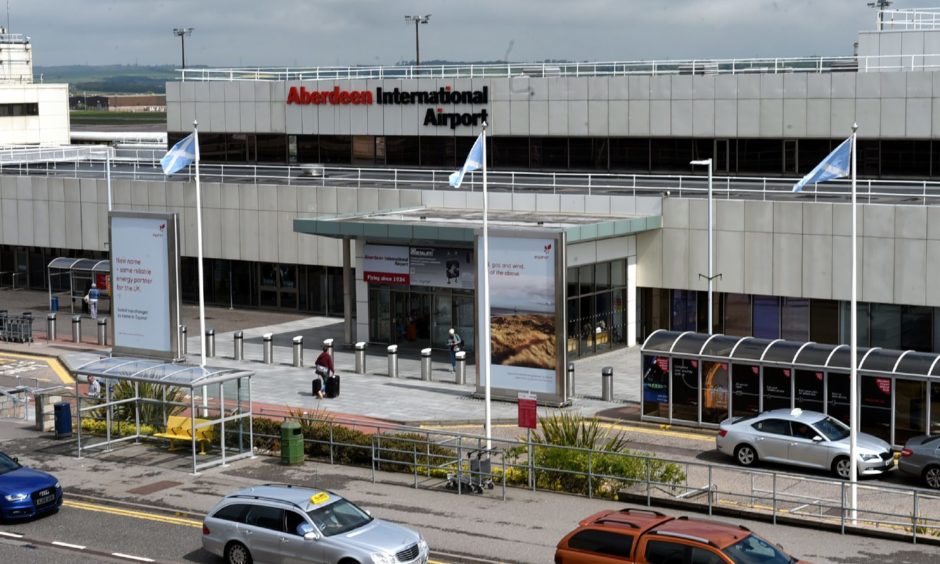International travellers arriving in Scotland will be forced to pay up to £1,750 a head to quarantine inside a hotel room for 10 days as part of tough new measures that go even further than those introduced by UK ministers.
Transport secretary Michael Matheson told MSPs all international arrivals directly into Scottish airports will from Monday be forced to enter “managed isolation” in an approved hotel room obtained through a UK-wide procurement process.
A self-booking system run by the UK Government will also be set up from Thursday to allow travellers to arrange and pay for the accommodation but Mr Matheson said Scotland’s scheme will go further than the rules introduced for the rest of the country.
UK health secretary Matt Hancock announced on Tuesday that anyone arriving from 33 high-risk “red list” countries will be asked to remain in an assigned hotel room for 10 days or face a £10,000 fine and being locked up for even longer.
Destinations on the list include Portugal, the UAE (including Dubai), South America and South Africa. Anyone lying to border police about visiting one or more of the coronavirus hotspots could also face up to 10 years in jail.
UK approach ‘no longer sufficient’
Mr Matheson told MSPs the “targeted, reactive approach” of the UK Government is “no longer sufficient” and all arrivals to Scotland from outside the common travel area, rather than just from red-list countries, would now be asked to quarantine.
However, he was unable to give specific details on what penalties would be applied for those flouting the rules in Scotland.
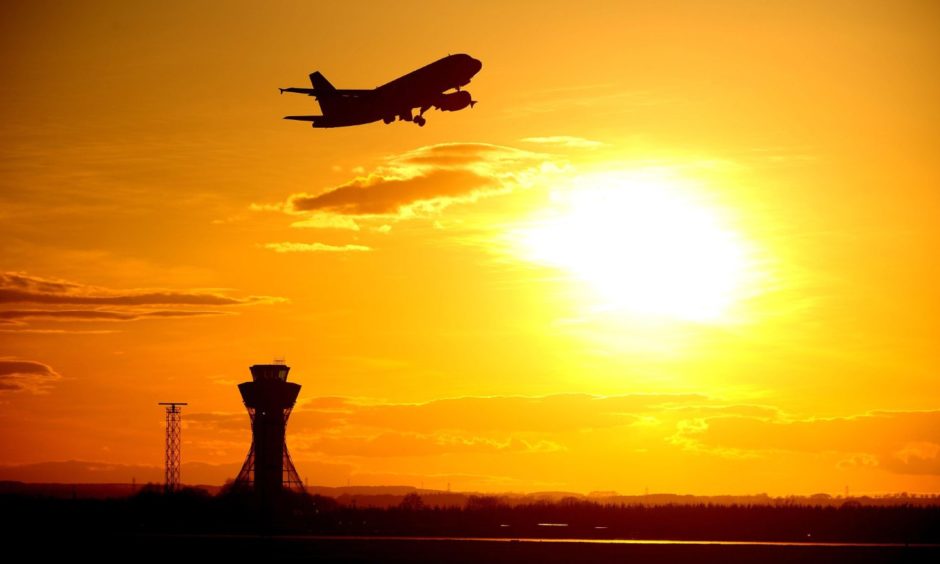
“To manage the risk of importing new variants, and to give vaccine deployment the best chance of bringing us closer to normality here in Scotland, we have to place further limits on international travel,” Mr Matheson said.
“The UK Government has only committed to adopting this for travellers returning from ‘red-list’ countries. However, we know that is not sufficient and we will go further.
“The clinical advice is clear that a comprehensive system of managed quarantine is essential to minimise the impact of new Covid-19 variants.”
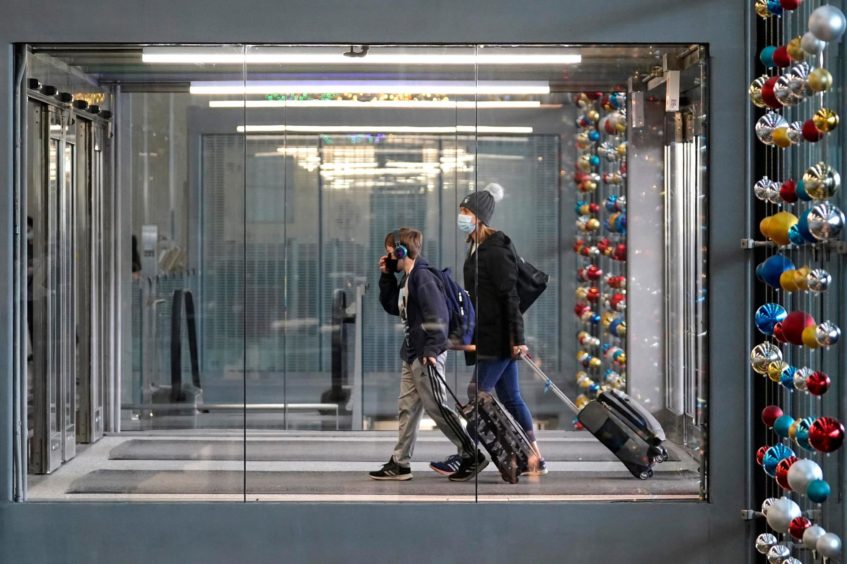
Range of penalties
The Scottish Government said “a range of offences and penalties” will be considered “as regulations to support the introduction of managed isolation are developed”.
All non-essential travel will continue to be banned under lockdown but even if some restrictions are lifted in time for summer, Mr Hancock warned the quarantine rules could remain in force until autumn or until a further booster vaccine is available.
Six hotels close to Aberdeen, Edinburgh and Glasgow airports, with a combined capacity of 1,300 rooms, will be used to implement the quarantine at a cost of £1,750 per individual traveller – a price that could put a getaway beyond most family budgets.
The charge includes mandatory coronavirus tests on day two and day eight following arrival for one person, with any additional travellers incurring supplemental costs.
Final charges for those not travelling alone are currently being worked through, Mr Matheson said, as well as the details for a “managed isolation welfare fund” for those who cannot afford the bill.
A small number of arrivals will not be required to isolate, such as those involved in essential supply chains for goods coming into Scotland.
The number of travellers coming to Scotland directly is reducing and I expect these restrictions to reduce arrivals yet further.”
Michael Matheson
Existing travel exemptions will also be strengthened, Mr Matheson confirmed, including limiting overseas training for elite sportspeople to athletes and coaches preparing for the Olympics and Paralympics.
The Scottish Government said it will continue to engage with airports and discussions to secure a four-nations approach to contracting the security, transport and accommodation services required are already under way.
The divergence in rules between Scotland and England means that, in theory, travellers from other countries could avoid quarantine in Scotland by flying to an English airport then crossing the border by road or rail.
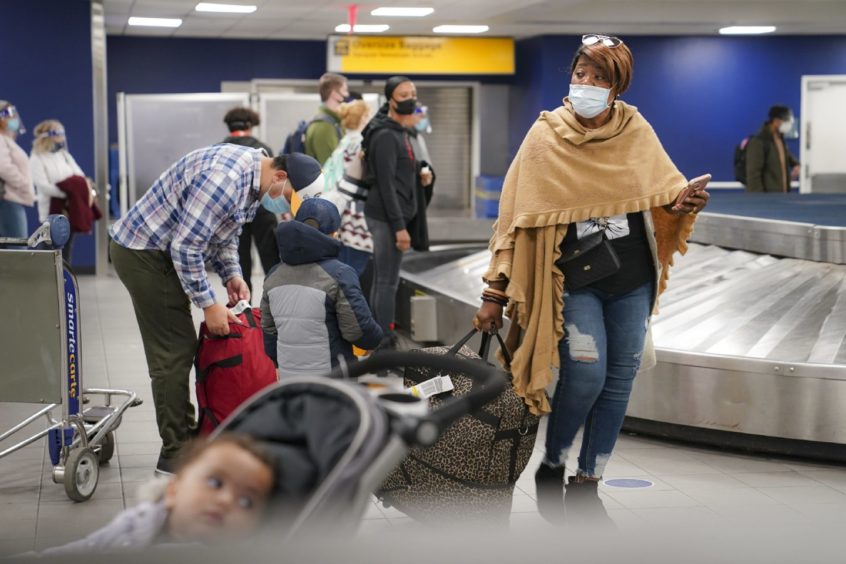
Mr Matheson said he had urged the UK Government to “match the comprehensive approach” in Scotland and discussions will continue.
He said there were approximately 1,600 Scottish arrivals in the last week of January, and numbers fell to 730 in the first week of February.
“The number of travellers coming to Scotland directly is reducing and I expect these restrictions to reduce arrivals yet further,” Mr Matheson said.
“These measures will be backed with criminal offences, as usual. The stronger approach we are taking is necessary and appropriate.”
Calls for support
Opposition parties called for greater financial support for Scotland’s aviation industry following the announcement, with Aberdeenshire West MSP Alexander Burnett warning the city’s airport “can’t be left stranded on an empty runway”.
There was also anger as MSPs were given advanced sight of Mr Matheson’s statement just minutes before it was delivered to the Parliament, and airport bosses also received no prior warning of its content.
‘Very severe measure’
An Edinburgh Airport spokesman said: “The statement and ministerial call was our first official engagement on this issue and we were formally advised of the Scottish Government’s intention to introduce this very severe measure.
“We await to hear how they intend to implement this, how it will be enforced, who will enforce it and what we are being asked to contribute.”
A spokesperson for AGS Airports, which owns Aberdeen International and Glasgow airports, said: “Bar two oil and gas related flights at Aberdeen, there are no other international flights at our airports, so these latest measures will have no impact as the damage had already been done.
“We’ve stated previously that we understand the need for emergency measures, however, we urgently need to work with government on developing a recovery plan for our sector which has been at a standstill for almost one year.”
Scottish Conservative transport spokesman Graham Simpson acknowledged that the measures are necessary to control the spread of coronavirus but said there were “some serious unanswered questions”.
“What is stopping people bypassing Scotland’s stricter quarantine rules by flying into England, Wales or Northern Ireland and then entering Scotland?” he said.
“Given the SNP have decided to go further than the rest of the UK, they also need to ensure that our aviation and tourism sectors are given urgent and adequate financial support.
“I would also urge the government to explain how these restrictions will be enforced and what happens if travellers are unable to meet the significant cost of quarantine.”
